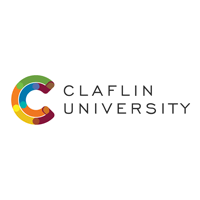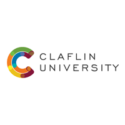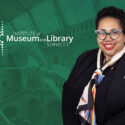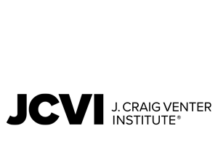 From time to time, The Journal of Blacks in Higher Education will provide links to online articles that may be of interest to our readers. The links presented direct the reader to articles from many different points of view that deal with issues of African Americans in higher education. The articles selected do not necessarily reflect the views of the editorial board of JBHE.
From time to time, The Journal of Blacks in Higher Education will provide links to online articles that may be of interest to our readers. The links presented direct the reader to articles from many different points of view that deal with issues of African Americans in higher education. The articles selected do not necessarily reflect the views of the editorial board of JBHE.
We invite subscribers to e-mail us or tweet @jbhedotcom with suggestions of articles for inclusion in this feature.












A little disappointed that your disseminating the non-evidence based work of Taylor and Sander (“Let Racial Preference Ruling Start an Intelligent Debate”). Leaving aside their not-so tongue-in-cheek title referencing intelligence in an article critical of affirmative action (Bell Curve anyone?), Richard Sander for one has has made his own little cottage industry of anti-affirmative action work. Stuart Taylor used to be the voice of conservatism at the National Journal. It seems to me that JBHE shouldn’t be in the business of promoting that kind of work. Especially this kind carefully placed op-ed (check the Google, it’s showing up in Louisiana and Central Virginia – not anything national).
Taylor and Sander are continuing to promote the discredited mis-match theory. Since we know all those Black students can’t possibly be that smart.
As we say in all our listings, the articles mentioned do not necessarily reflect the views of the editorial board of JBHE. Thus we will list articles that deal with issues of race and higher education from both sides of the political spectrum in an effort to initiate or continue the debate on various topics. We certainly see your point. But we think it is wise to show our readers points of view that may not necessarily reflect their own so that they will be able to formulate their opinions and arguments to counter views with which they disagree.
By the way, Professor Sander’s work has been repeatedly challenged in the pages of JBHE.